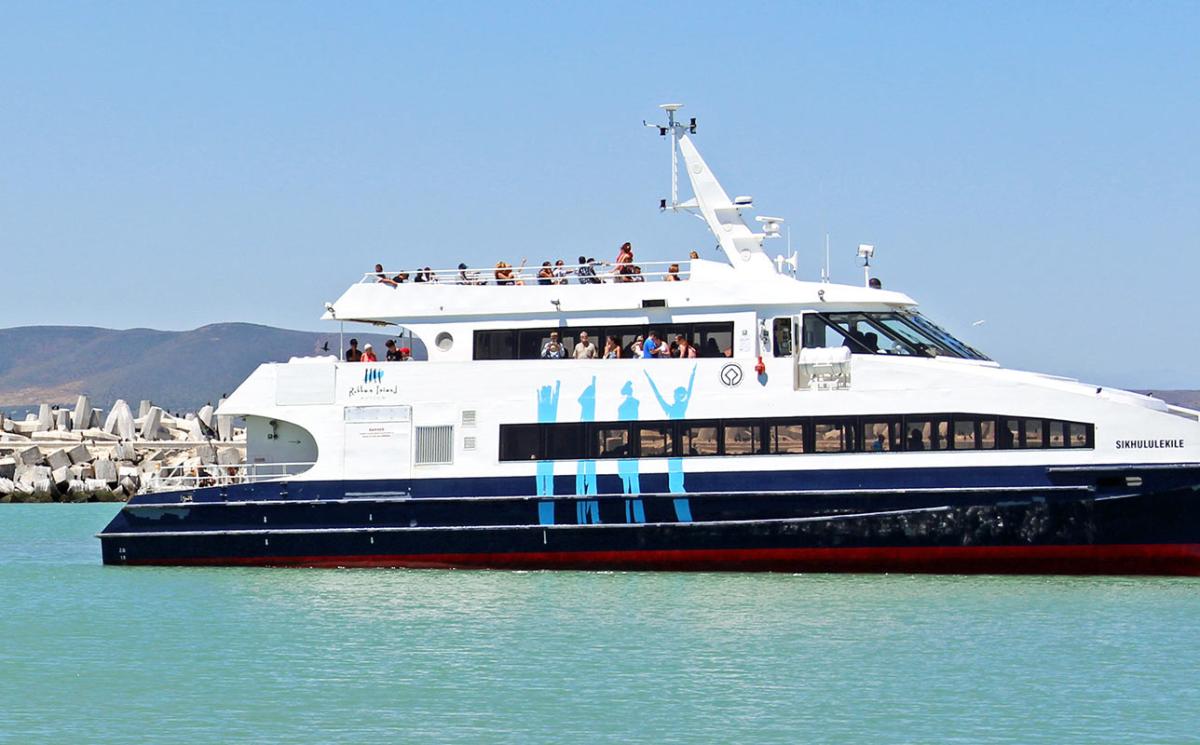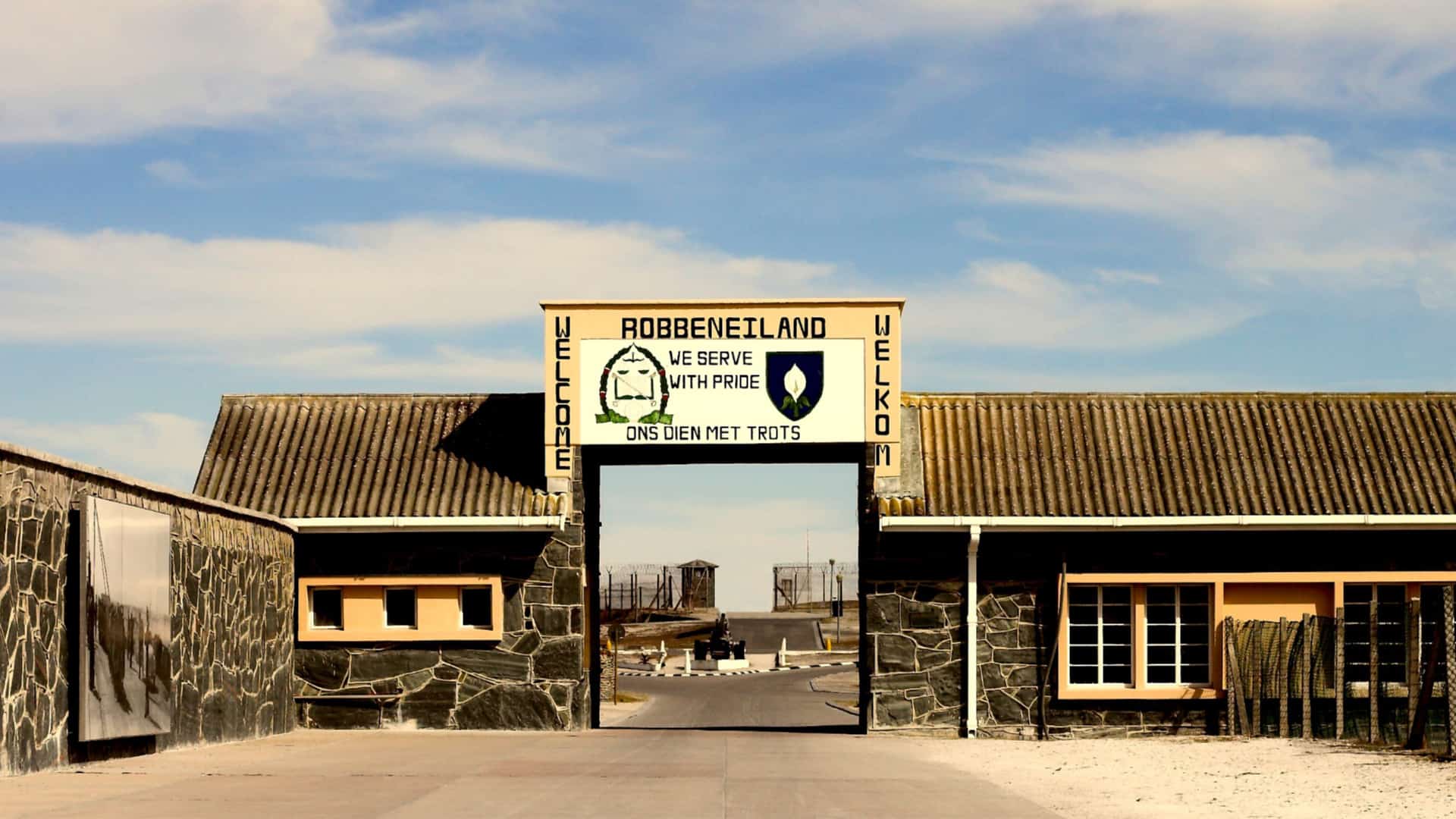Explore History with Robben Island Tours
Discover the rich history and lasting legacy of Robben Island through our expertly guided tours. Located off the coast of Cape Town, this UNESCO World Heritage Site played a crucial role in South Africa’s fight against apartheid. Our Robben Island Tours provide a unique opportunity to immerse yourself in the island’s profound historical significance.
History of Robben Island
The name “Robben Island” comes from the Dutch word “Robben,” meaning seals, as the island was once home to many of these animals. Situated north of Cape Town and west of Bloubergstrand, this flat, low-lying island was used as a political prison during the apartheid era from 1966 to 1996. In addition to its role as a prison, Robben Island also served as a leper colony and quarantine station for animals.
There are few places in South Africa that embody the triumph of the human spirit over adversity as powerfully as Robben Island.
Tailor-Made Robben Island Tour Packages
We offer a variety of customized Robben Island Tours combined with other Cape Town experiences, including:
- Robben Island & Table Mountain Cableway.
- Robben Island & V&A Waterfront.
- Robben Island & Kirstenbosch Botanical Gardens.
- Robben Island & Constantia Wine Tasting.
- Robben Island & Cape Point Nature Reserve.
Best Robben Island Tours & Tickets
Secure your tickets with us for a truly authentic Robben Island experience. Enjoy a guided prison tour where you’ll learn about Nelson Mandela and other significant political figures such as Robert Sobukwe and Ahmed Kathrada. All tours to Robben Island depart from the V&A Waterfront in Cape Town and are guided by former political prisoners who share their firsthand experiences.
Tours depart four times daily at 09:00, 11:00, 13:00, and 15:00. Due to the high demand for this iconic tour, booking in advance is highly recommended.
Why Visit Robben Island?
- Historical Significance: Robben Island symbolizes the resilience of South Africans during the apartheid era. As a political prison, it housed key anti-apartheid figures, including Nelson Mandela, who spent 18 of his 27 years of imprisonment here.
- Educational Value: A visit to Robben Island offers important lessons about the apartheid struggle and the strength of those who opposed it, providing visitors with a deeper understanding of South Africa’s path to democracy.
- Cultural Importance: As the site where Nelson Mandela was imprisoned, Robben Island is a living testament to his enduring legacy and the global fight for equality.
- Symbol of Reconciliation: Today, Robben Island stands as a symbol of reconciliation and unity. Its transformation into a museum and heritage site reflects South Africa’s commitment to remembering its past and striving for a better future.
- Comprehensive Experience: The tour is not just a history lesson but an immersive experience. Visitors get to explore prison cells, the leper colony museum, and other significant locations on the island.
- UNESCO World Heritage Status: Robben Island is recognized for its universal historical value and is a must-visit for anyone interested in global heritage.
- Firsthand Accounts: Tours are often guided by former political prisoners, adding a personal and emotional touch to the experience.
- Scenic Views: Beyond its historical significance, the island offers stunning views of Cape Town’s coastline, Table Mountain, and local wildlife, making it a perfect combination of nature and history.
Reflection and Respect: Visiting the island allows for reflection on the sacrifices made by those who fought for freedom. It is a place of remembrance and respect.
Where Does a Robben Island Tour Take You?
A typical Robben Island Tours includes several key stops:
- Robben Island Museum & Visitor Center: This is where the tour begins, offering exhibits on the island’s history.
- Ferry Ride from V&A Waterfront: Enjoy scenic views during the 30-minute ferry ride from Cape Town to Robben Island.
- Prison Complex: Visit Nelson Mandela’s prison cell, the exercise yard, and other important parts of the prison where political prisoners were held.
- Leprosy Museum: Learn about Robben Island’s history as a leper colony.
- Historic Buildings: Explore buildings like the Governor’s House and the church that played a role in the island’s past.
- Island Bus Tour: Take a guided bus tour around the island, visiting landmarks like the lighthouse, the old quarry, and the naval base.
Best Time to Visit Robben Island
- Spring (September to November): Ideal weather, fewer crowds, and blooming flowers make this the best time to visit.
- Autumn (March to May): Cooler weather and fewer crowds, perfect for a relaxed tour.
- Summer (December to February): Warm and sunny, but be prepared for larger crowds.
- Winter (June to August): Fewer tourists, but there’s a higher chance of rain and rough seas.
Tips for Visiting Robben Island
- Wear comfortable shoes as you’ll be doing a lot of walking.
- Bring layers, as the weather can change quickly.
- Book your tickets in advance, especially during peak tourist seasons.
Let us Plan your Cape Town Dream Tours
Enquire Now and an one of our Travel Specialist will get back to you.


Zion Escape Tours is a distinguished tourism company specializing in both private and group tours. Discover the world with us.
Quick Links
- © 2024 Zion Escape Tours All Rights Reserved.







Zion Escape Tours is a distinguished tourism company specializing in both private and group tours. Discover the world with us.
Quick Links
- © 2024 Zion Escape Tours All Rights Reserved.









